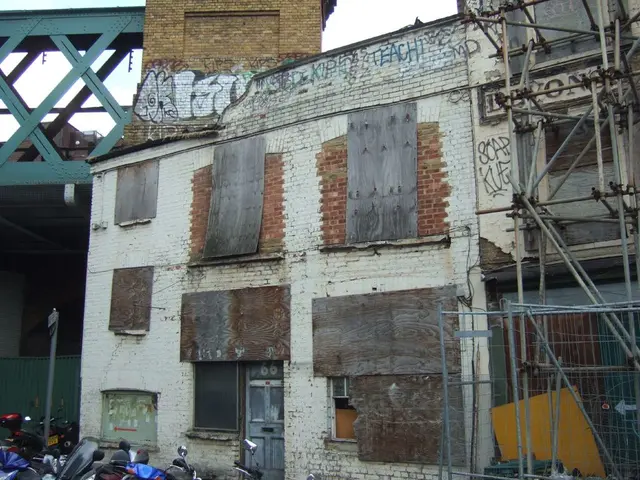Belgium relinquishes nuclear energy production
Belgium U-turns on Nuclear Phase-Out, But Operator Has Other Plans
Get ready to flip the script - Belgium, in a surprising reversal, dropped its plan to phase out nuclear power, overturning a 2003 law it had previously adopted with a large majority. This move was part of Bart De Wever's Flemish conservative government's commitment.
Bye-bye 2025 deadline and construction ban – the new legislation wipes out all references to these. In fact, it even opens the door for extending the lifespan of existing reactors, beyond the two already extended by ten years.
Mathieu Michel, Belgium's Energy Minister, gleefully announced, "The Federal Parliament has just turned the page on two decades of deadlocks and hesitations to open the way to a realistic and resilient energy model."
Here's the kicker - although Belgium is gung-ho about nuclear power, producing approximately 42% of its electricity from this source, the operator of its nuclear park, French group Engie, is heading in a different direction.
Upon taking office a few months back, the government envisioned a "nuclear energy share of four gigawatts (GW)," corresponding to the capacity of four reactors. Yet, the coalition agreement refers vaguely to extending existing capacity in the short term and investing in new reactors in the long term.
So, what's Engie up to? Well, they're apparently more into renewable energy and battery storage these days. Since assuming power, they've emphasized growth in these sectors, having 8.5 GW of renewable and battery capacity under construction worldwide, including large-scale battery projects in Belgium. For instance, they've recently broken ground on a 400 MWh battery energy storage system in Belgium, a project supporting the country's broader energy transition and managing electricity grid stability as nuclear plants are phased out or restructured.
Seems like Engie has already turned a new leaf, with nuclear power no longer on their strategic radar, but the Belgian government's attempts to woo them remain a challenge. "Engie remains the owner and operator of the reactors, so we'll need to open a dialogue with them to find out their intentions," admitted Mathieu Michel. Engie, however, maintains that they're committed to extending the lifespan of the reactors concerned under the 2023 agreement with the previous government, although nuclear power is no longer part of their core strategy.
The European Union's industry and finance sectors may find new investment opportunities, as Belgium, in its energy sector, is shifting its focus from a nuclear phase-out to extending the lifespan of existing reactors, encouraged by the French group Engie's renewable energy and battery storage priorities. However, the engagement of Engie, a key operator in Belgium's nuclear park, with this new energy model presents a challenge for the Belgian government.







